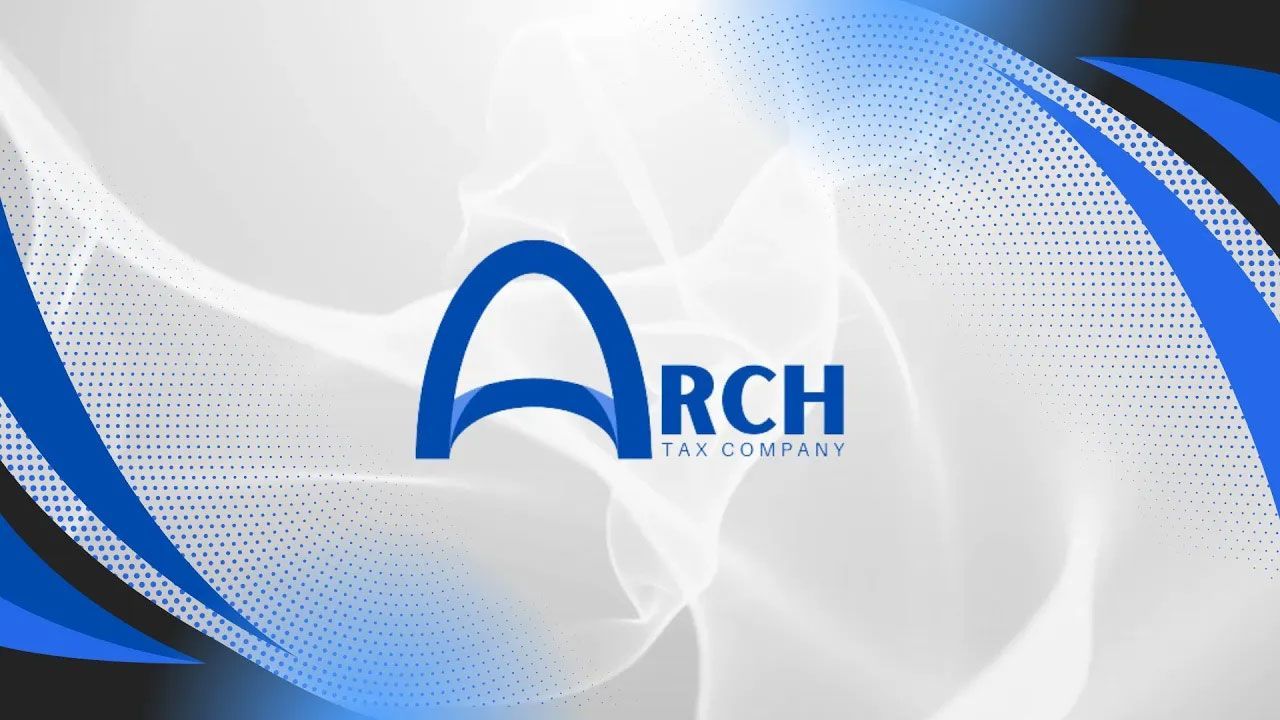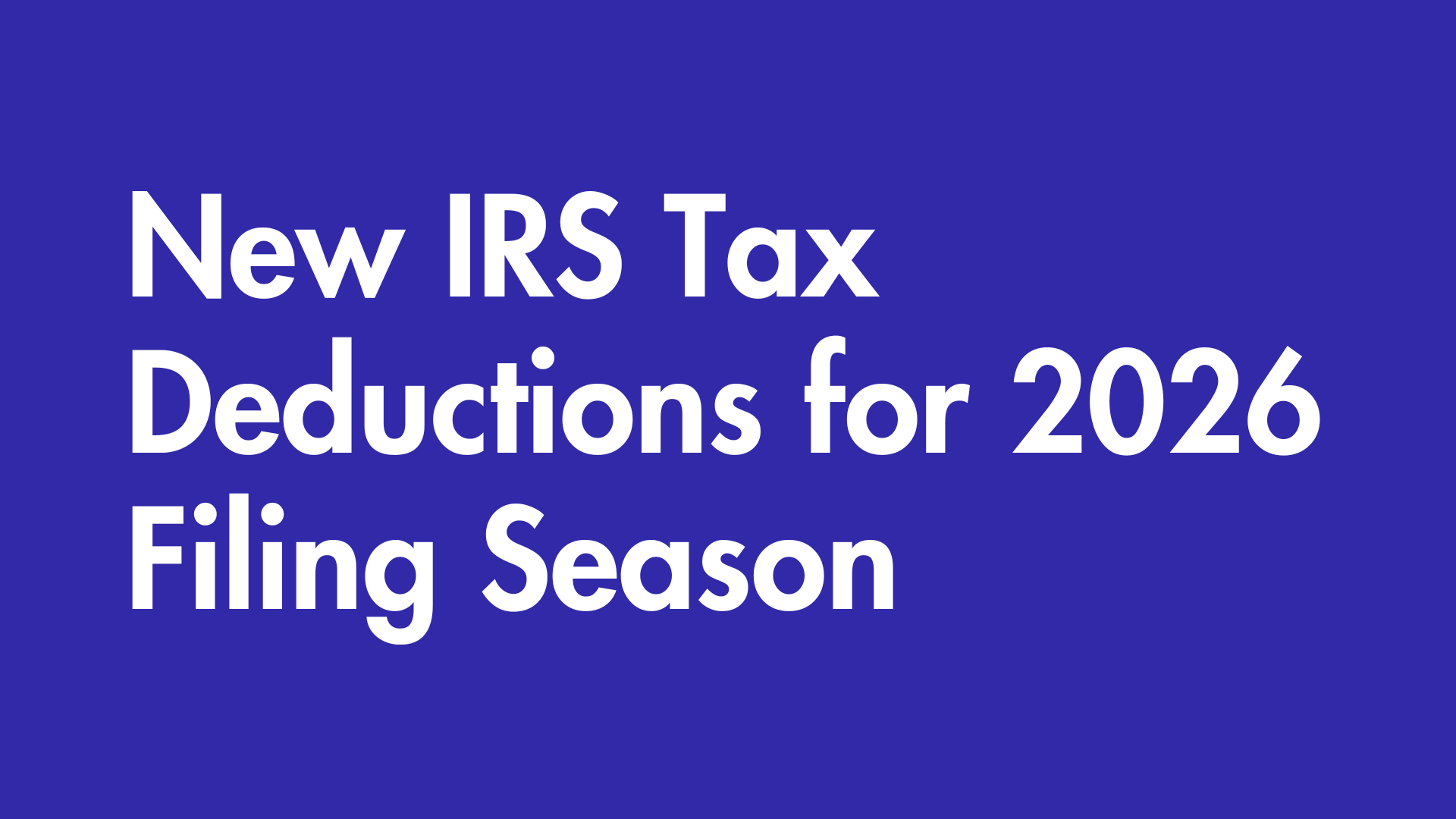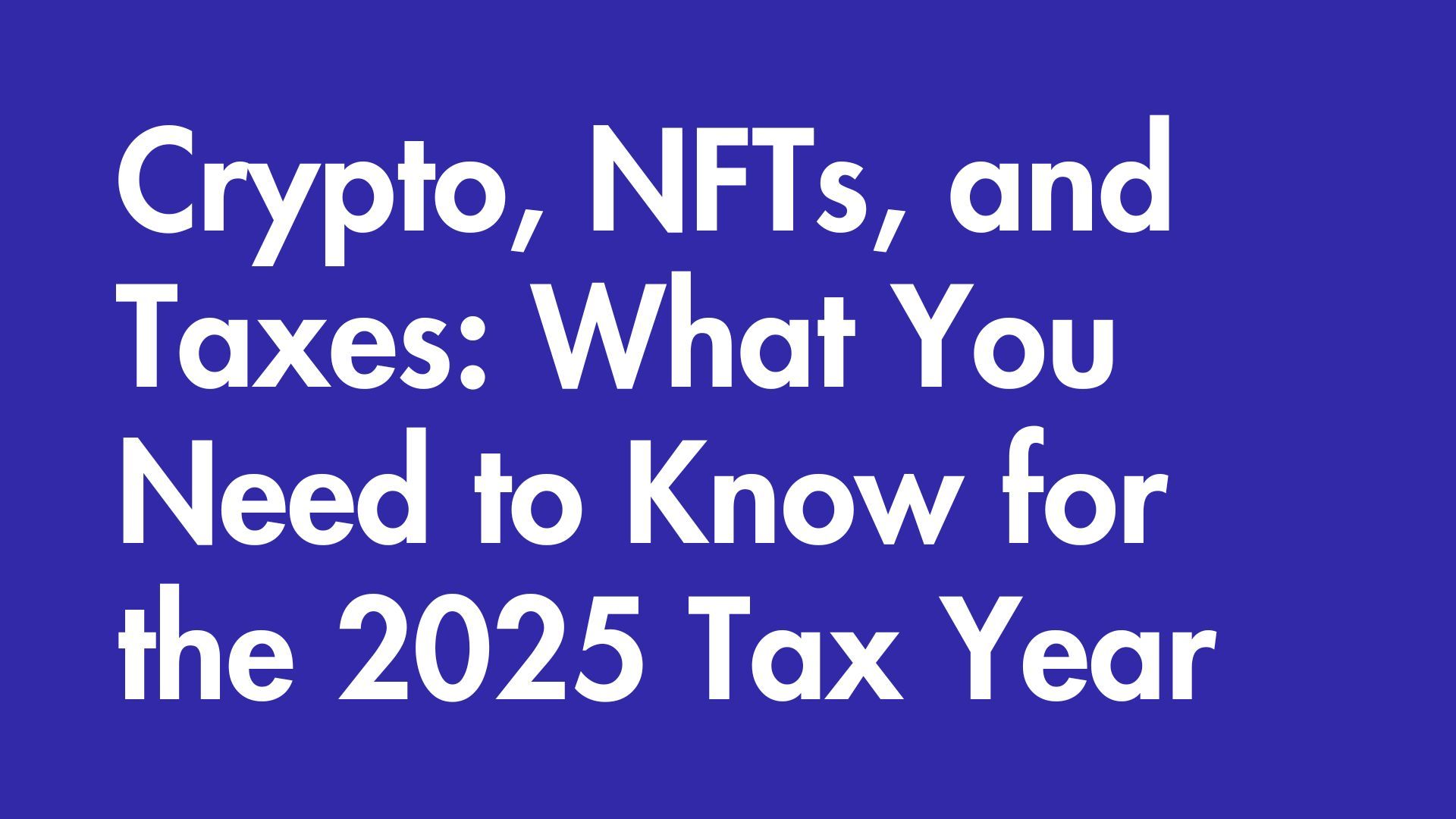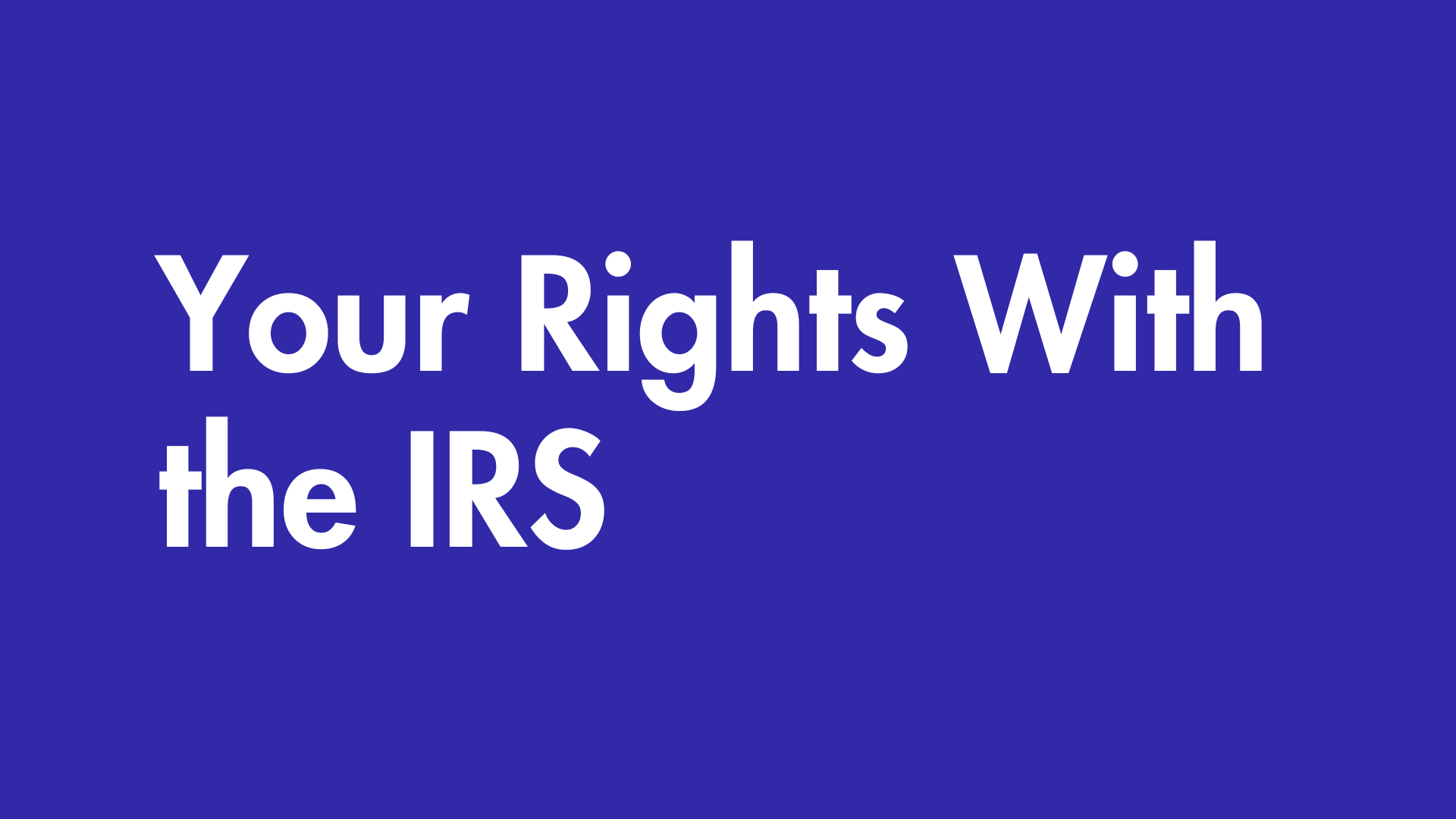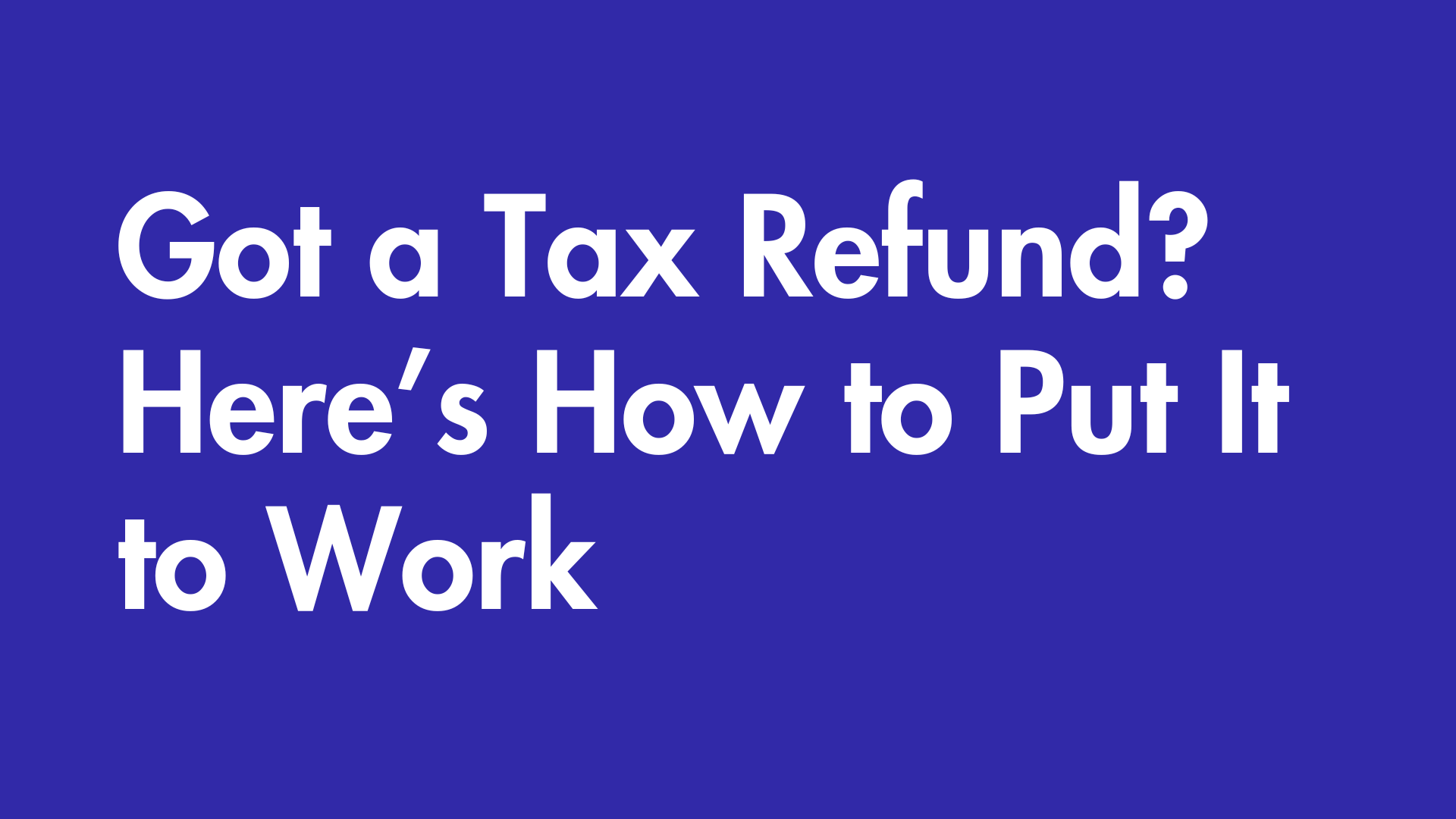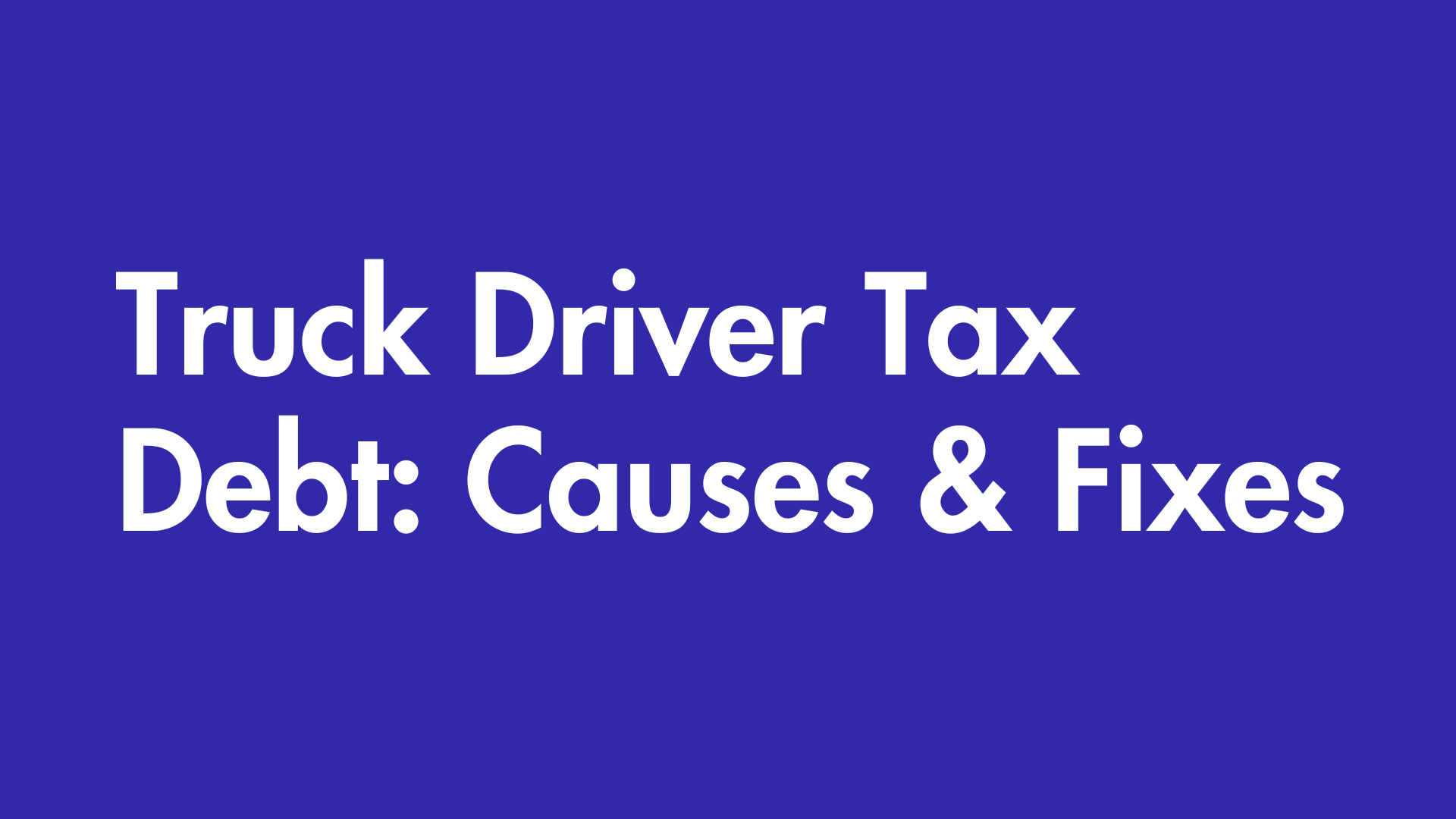Owe the IRS But Can’t Pay? Here’s What Happens Next
Step 1: The IRS Notices You Owe
Once your tax return is processed and shows a balance due, the IRS will send you a notice — typically a CP14. This is your official “you owe us” letter. It will include:
- The amount you owe (including any penalties and interest)
- Payment due date
- Ways to pay or respond
At this point, the IRS assumes you’ll pay in full or reach out to make arrangements.
Step 2: Penalties and Interest Begin to Pile Up
If you don’t pay by the due date, the IRS adds:
- Failure to Pay Penalty (0.5% per month, up to 25%)
- Interest Charges (adjusted quarterly, based on federal rates)
Even a small balance can grow significantly over time. And if you haven’t filed at all? That triggers a Failure to File Penalty — which grows even faster.
Step 3: The Collection Process Begins
If you still haven’t paid or made arrangements, the IRS starts collection actions:
- More notices like CP501, CP503, and CP504 (increasing urgency)
- Federal Tax Lien may be filed against you
- Wage garnishment or bank levies
- Seizure of certain assets (though rare, it’s legal)
These actions can damage your credit, your finances, and your peace of mind.
Step 4: You Still Have Options — Even Now
Here’s the good news: The IRS actually wants to work with you. There are several programs designed for people who can’t pay their full balance:
- Installment Agreement: Monthly payments you can afford
- Offer in Compromise: Settle for less if you truly can’t pay
- Currently Not Collectible: Temporarily pause collections due to hardship
- Penalty Abatement: Request removal of certain penalties
Each option has its own qualifications and paperwork — but you don’t have to figure it out alone.
What to Do If You’re Overwhelmed
If the notices are piling up, the balance is growing, or you’re afraid of wage garnishment — don’t panic. Get professional help to:
- Understand what you really owe
- Explore the best option for your situation
- Stop the bleeding and avoid costly mistakes

The Bottom Line
Owing the IRS is serious, but it’s not the end of the road. The sooner you act, the more control you’ll have over the outcome. Whether you need a payment plan or want to explore a settlement, taking action beats waiting for the next letter to hit your mailbox.
Need help figuring out your next move?
Let’s review your situation and find the best path forward — before the IRS makes that decision for you.

